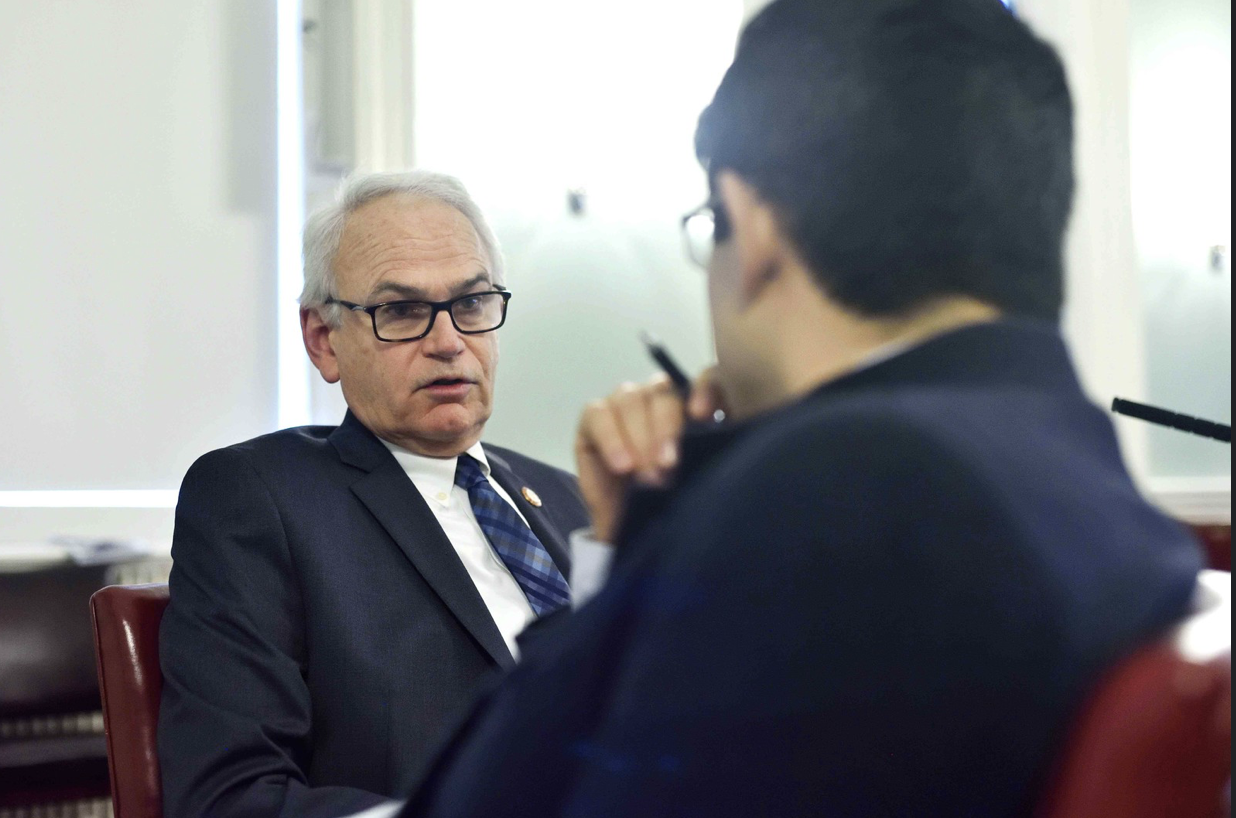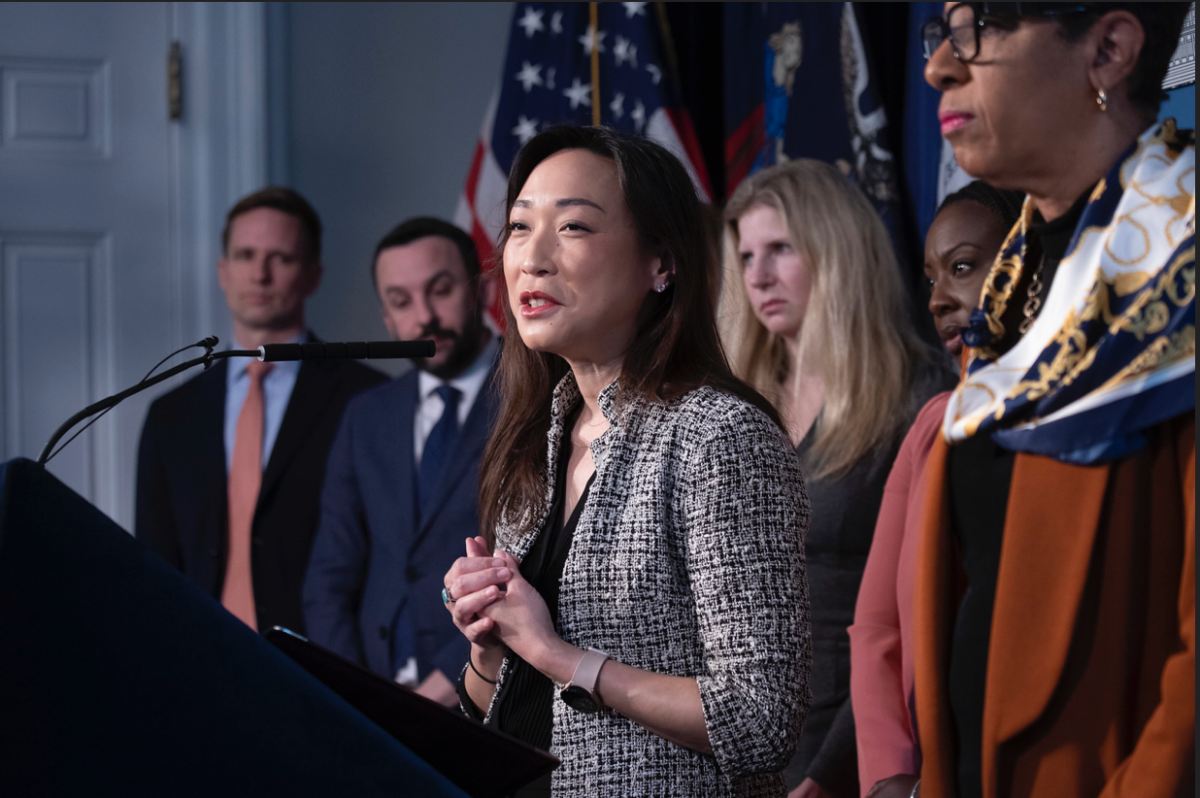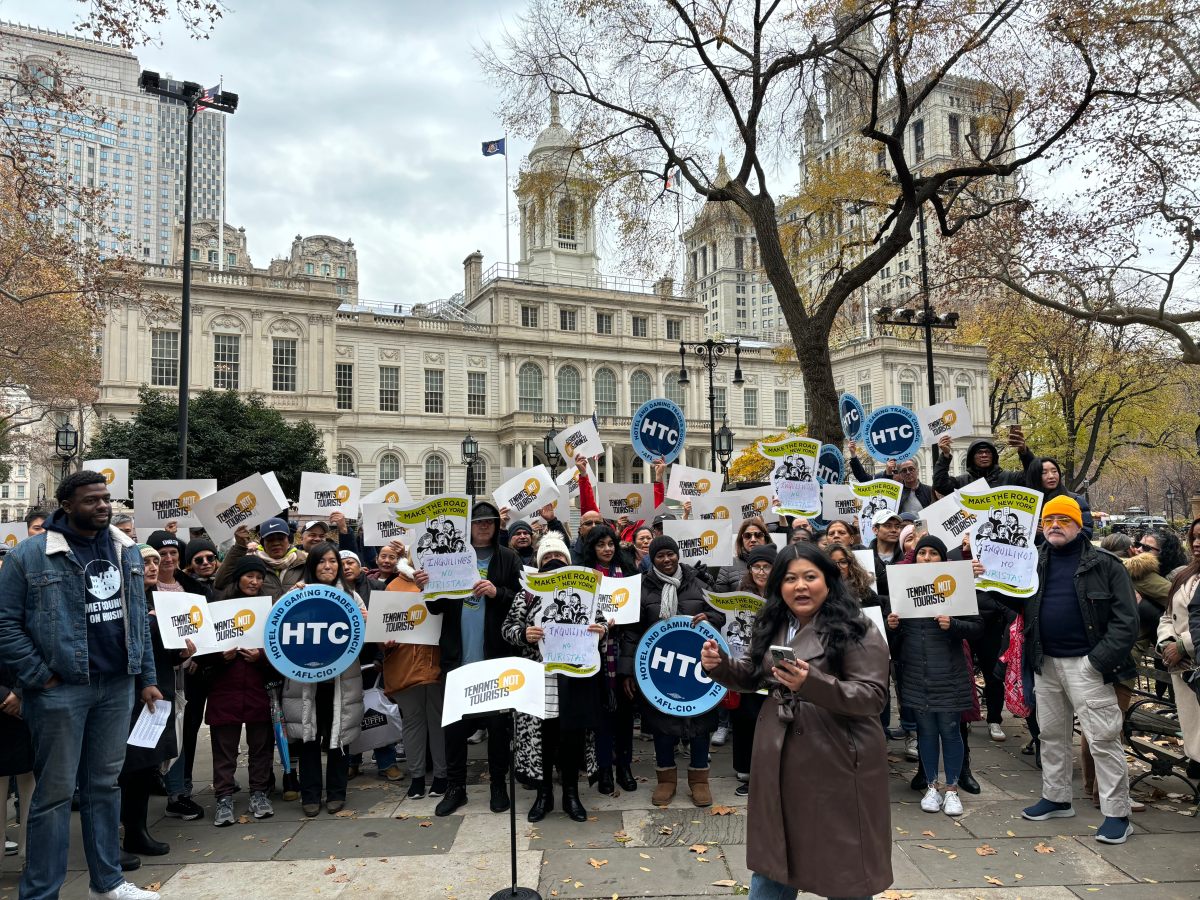Several pieces of legislation geared towards supporting veterans—two of which were introduced by Queens city council members—were passed by the council last week.
The Council put forward the Mental Health Roadmap in April as part of an effort to expand prevention and support services to those in need of mental health resources. It also sought to increase interagency coordination, address the shortage of mental health workers and limit the intersection with the criminal justice system, all while increasing awareness.
The second phase of the plan, unveiled in November, focused on the mental health needs of veterans in the city through new legislation.
Among the passed bills was one introduced by eastern Queens Council Member Linda Lee, who is also Chair of the Committee on Mental Health, Disabilities, and Addictions. Her bill seeks to help inform veterans about existing mental health resources available to them that they may not be aware of.
Lee’s bill would require the Department of Veterans’ Services (DVS) to coordinate with other agencies such as the Office of Community Mental Health to expand outreach efforts. The goal is to spread word of the resources through its website, social media, print media and digital kiosks.
“Veterans returning home from their service are often forced to deal with the complex struggles of combat-related trauma as they reacclimate back into civilian life,” Lee said. “The next phase of our Mental Health Roadmap addresses the difficulties facing so many of our veterans across the city and exemplifies the City Council’s steadfast support.”

Council Member Robert Holden—who sits on the Committee of Veterans and represents Ridgewood, Maspeth and surrounding areas—introduced a resolution that calls on New York state to pass legislation that would authorize DVS to provide eligible veterans with financial support in purchasing, training and maintaining emotional-support animals such as service dogs. It was unanimously adopted on Wednesday, Dec. 20.
“With a suicide rate among veterans nearly double the state’s general population rate, we must do more in the way of financial assistance for the purchase, training, and upkeep of service dogs and emotional support dogs for these heroes as soon as possible,” Holden said.
Holden pointed out that in 2020 alone, there were 143 veterans who died by suicide in New York state. Younger veterans, ages 18-54, also experience the highest rates of suicide. He says the mental health crisis among veterans who struggle with PTSD, and are not receiving adequate support, needs to be addressed.
Council members in other boroughs also had mental health bills and resolutions, introduced in November as part of the roadmap, which passed last week.
Council Member Mercedes Narcisse, who represents parts of south Brooklyn, introduced a bill to require DVS to submit a report to city officials outlining the number of veterans who requested mental health services. The report would also include what methods of communication were used and a description of the services provided.
Another bill, introduced by Bronx Council Member Eric Dinowitz, that passed seeks to increase the collection of demographic data on veterans through voluntary surveys. The bill was co-sponsored by Lee.
“An annual report by the Commissioner of Veterans’ Services will help us better understand the needs of our veterans, thus being able to provide them with the best possible mental health services while improving their overall quality of life,” said Narcisse, who chairs the Committee on Hospitals. “I thank Chair Lee and my colleagues for centering mental health, particularly for the often vulnerable former members of our armed forces.”
Except for Holden’s bill, which was enacted as resolution, the passed mental health bills were moved onto the mayor’s desk where they await his signature.




































